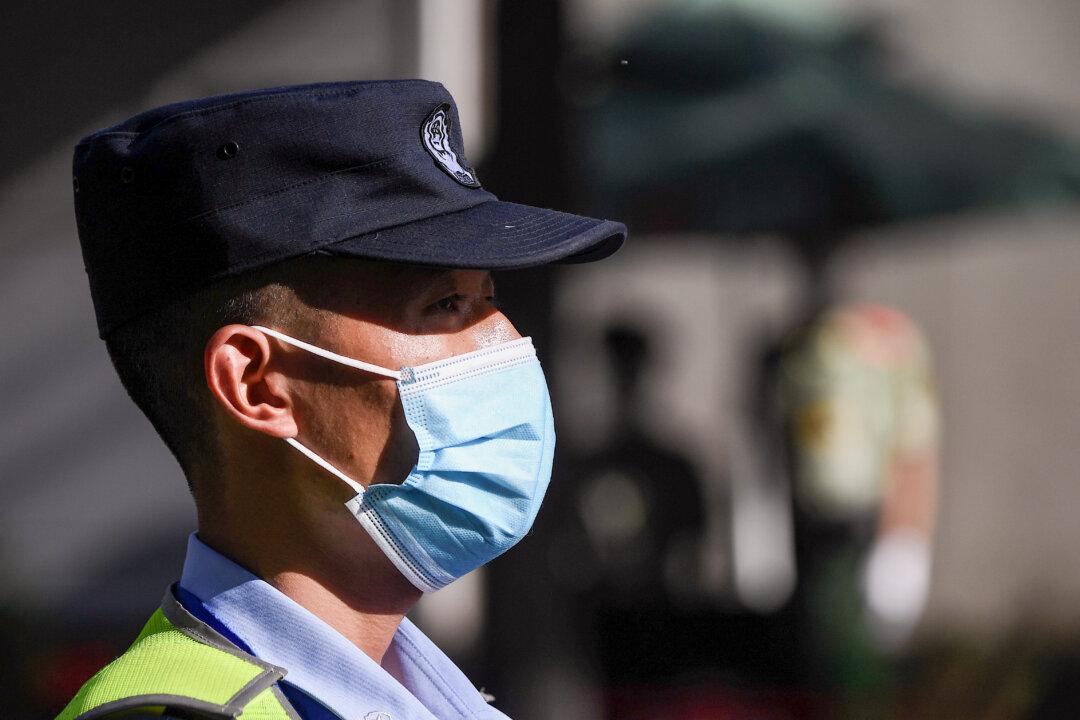An award-winning Canadian author is among participants inexplicably excluded from an international science-fiction award competition held in China. Internal emails among the award administrators suggest that the decision stemmed from concerns about offending the Chinese regime.
Xiran Zhao was disqualified from the 2023 Hugo Awards, despite having enough votes to secure a finalist spot in her category. In a statement posted on social media, she said that the administrators “refuse” to provide any explanation for her disqualification.





